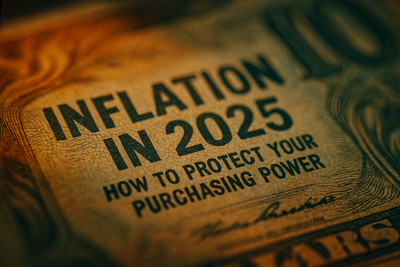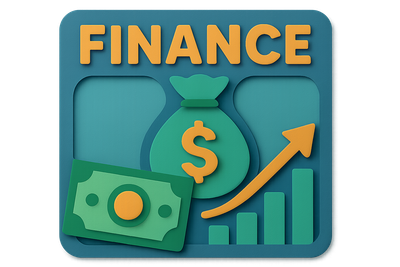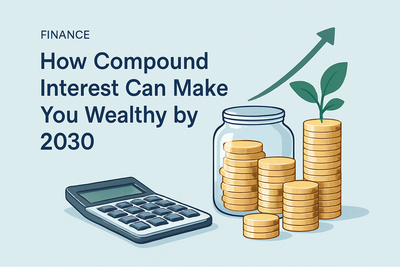Smart Ways to Increase Your Credit Score Quickly
Introduction
Your credit score plays a crucial role in your financial health—it influences everything from loan approvals to interest rates and even rental agreements. If your credit score is less than stellar, the good news is that there are effective strategies you can implement to boost it quickly and responsibly. In this blog post, we'll explore smart, actionable ways to increase your credit score and set yourself up for future financial success.

1. Check Your Credit Report for Errors
Start by obtaining a free copy of your credit report from the three major credit bureaus—Equifax, Experian, and TransUnion—at AnnualCreditReport.com. Look for:
- Incorrect account information
- Late payments that were actually on time
- Accounts that don’t belong to you
Dispute any inaccuracies immediately. Correcting errors can have an immediate positive impact on your score.
2. Pay Down Credit Card Balances
Your credit utilization ratio—the amount of credit you’re using compared to your credit limit—is one of the most important factors affecting your score. Aim to use no more than 30% of your available credit. For faster results:
- Focus on paying down high-interest cards first
- Make extra payments during the month
- Ask for a credit limit increase (but avoid new debt!)
3. Make Payments On Time—Every Time
Payment history accounts for 35% of your credit score. Even one late payment can cause significant damage. To stay on top of due dates:
- Set up automatic payments
- Use calendar reminders
- Request due date changes to align with your payday
4. Become an Authorized User
If a family member or friend has a long-standing credit card with a good payment history and low utilization, ask to become an authorized user. This can help improve your score by adding their positive credit history to your report.
5. Avoid Opening New Credit Accounts Unnecessarily
While increasing your available credit can help your utilization ratio, opening too many new accounts in a short time can hurt your score. Each application results in a hard inquiry, which may lower your score temporarily.
6. Use a Credit Builder Loan or Card
Credit builder products are designed to help people establish or rebuild credit. They report your monthly payments to the credit bureaus, helping you build a positive payment history.
7. Keep Old Accounts Open
The length of your credit history matters. Closing old accounts can shorten your average account age and negatively affect your credit score. Unless there's an annual fee, it’s usually best to keep those accounts open.
Conclusion
Improving your credit score doesn’t happen overnight, but with these smart strategies, you can see noticeable progress in a relatively short amount of time. Stay consistent, monitor your credit regularly, and make informed financial decisions. In doing so, you'll not only boost your score but also gain better financial opportunities in the future.
Remember: A higher credit score is a gateway to lower interest rates, better loan terms, and overall peace of mind.








